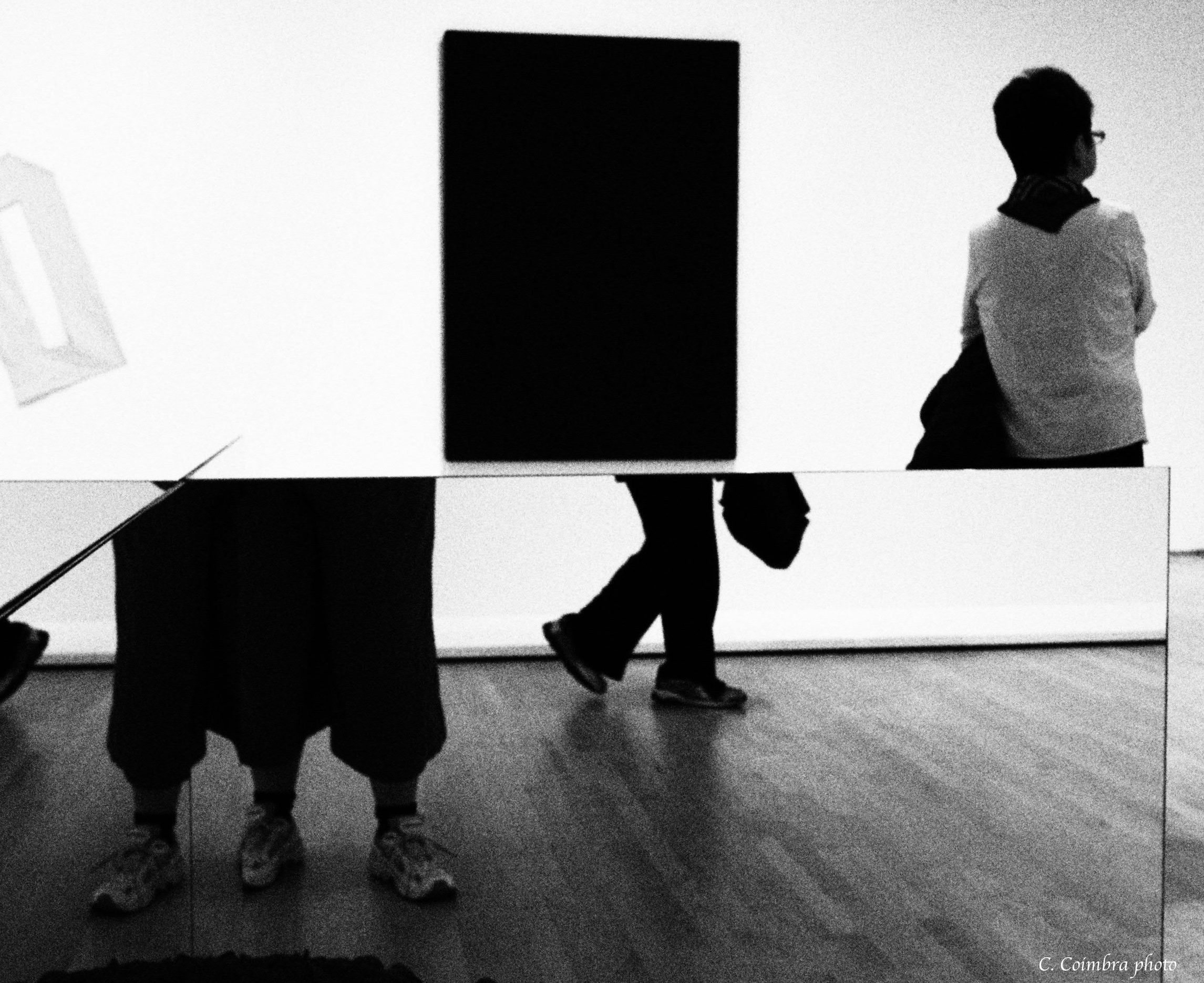
Communication, from my perspective, is a singular element in creating positive relationships or creating hopelessly divided relationships.
The words we use, either spoken or written, show and tell who we are, what we know (or don’t know), and what’s in our hearts. Even the most clever of linguists can’t forever disguise his or her intent. Words stack upon each other like bricks and build bridges or walls.
As a woman of many words, I’ve observed how our words have either brought joy, heartbreak, hope, or loss. I’ve read your words (or the words you’ve borrowed from others). Recently, I reviewed some of my 40-year history of words in print. This language landscape is wild in verdant forests and drought-ridden deserts.
A drive through social media showcases this variable landscape accelerated by nitromethane. While some focus their use of language on beauty and bright opportunity, others take a verbal trek into the macabre world of finger-pointing and scapegoating.
What do you feel in your heart and mind when you read other’s words? Are you inspired to be a better person or do you want to go out there and kick some ass? Do you feel comfort in those words or do you feel your blood pressure rise to unhealthy levels? What happens within you when you read positive and kind words about others and the world around us, versus mocking and hateful language about others and the world around us?
How do you sort through this jumble of news and proclamations? Do you bank on faith or facts to determine the value of what you read or hear? Or do you simply decline to read or listen further and move on to some other task within your life? Are your tasks positive moves to become a force for good or a retreat into inaction and numbness? I ask these questions because this is exactly how words impact our lives.
Obviously, my plea is aimed like Cupid’s arrow to those who insist on procreating the language of negativity, animosity, and questionable truth. I suspect, however, my cause is lost in a vortex of dubious satisfaction that comes with blaming and victimization. I’ve been there. I know how it feels when I’ve mocked another for his or her look, lifestyle or behavior. It falsely blows up my personal sense of worthiness. And we all know how well false security works out in the long run. Failure! I don’t handle failure well. So I remain mindful of achieving success within. That negates finger-pointing and scapegoating. And when my chit chat slides into that vortex, I try my best to counter spin my intent back to positive intent and language. After all, who am I to judge another’s way? I don’t always know their history or circumstances.
Most days are about relationships. These become days when we can employ loving language to construct bridges toward positive relationships. I believe this goal is far more rewarding that crashing into brick walls.

